Category:Free Speech

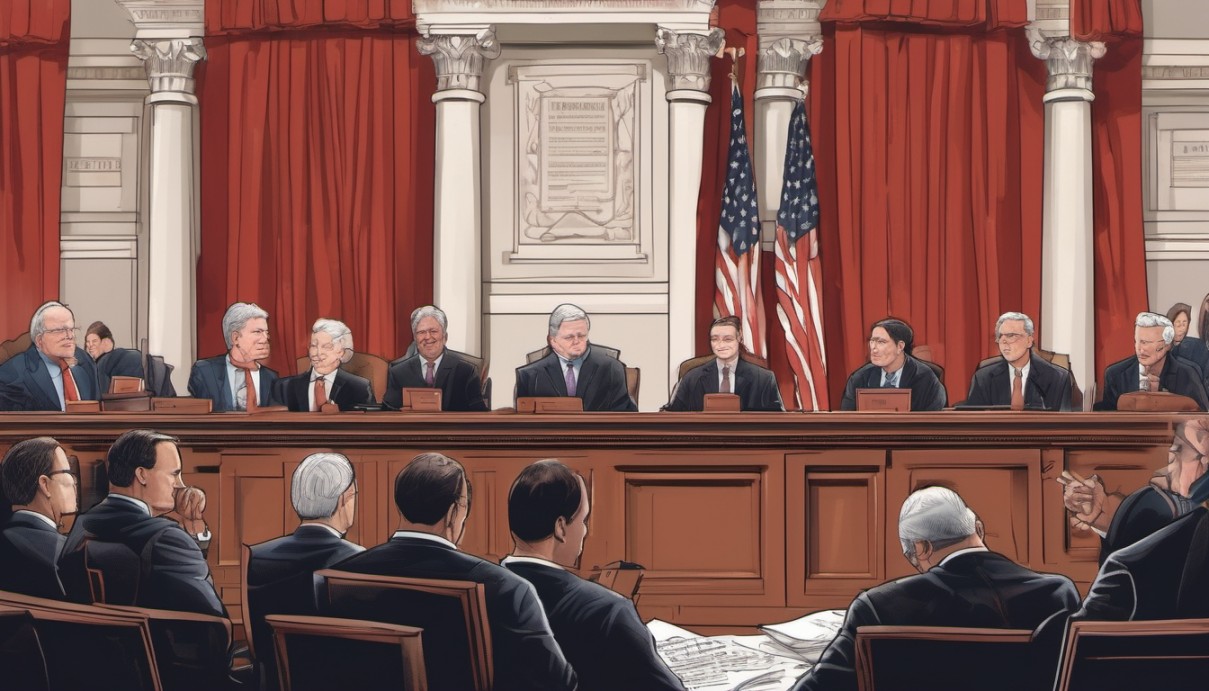
Breaking down the Murthy v. Missouri Supreme Court Ruling
June 28, 2024 | Post
The Murthy v. Missouri case exposed the Biden Administration’s efforts to control public discourse, highlighting a crucial battle for free speech rights.
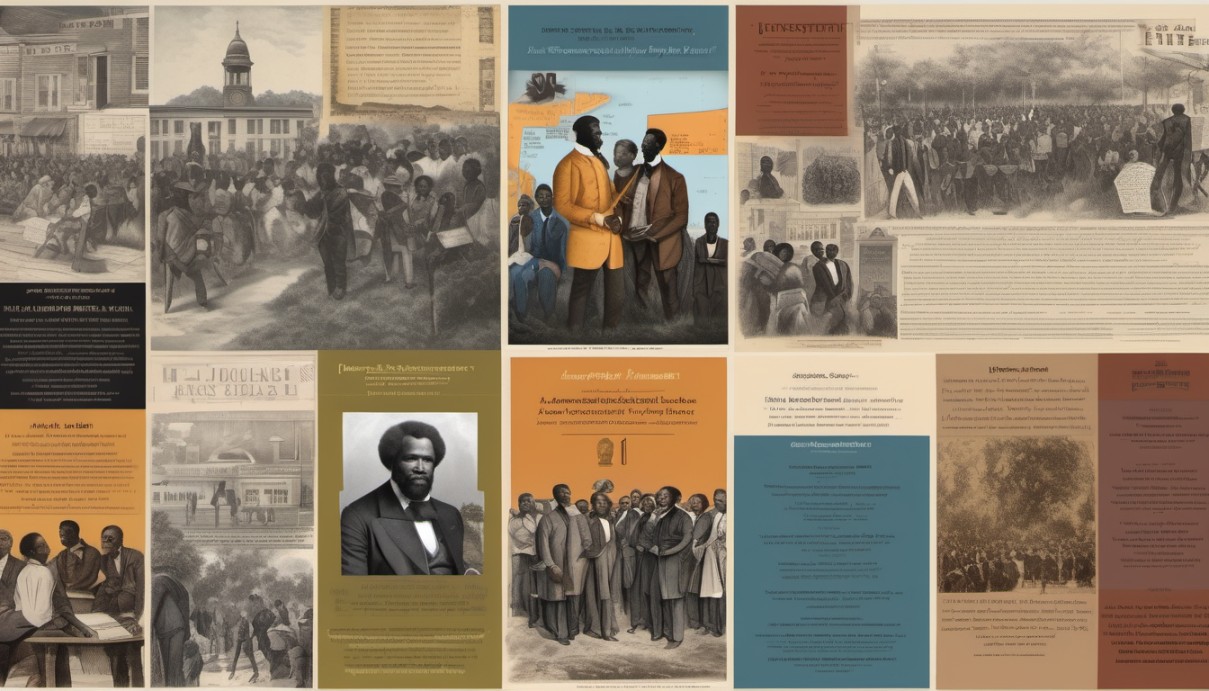
Juneteenth: 3 Lessons in Activism
June 19, 2024 | Post
Today we celebrate Juneteenth, honoring the official end of slavery in the U.S. and the ongoing fight for liberty and

War: Disinformation, Propaganda and the Fight for Truth
May 22, 2024 | Video
No matter how often war is fought, the result is the same: it works out horribly for pretty much everyone involved. So in light of Russia’s invasion of Ukraine, it’s pertinent to ask: how do governments keep convincing people that war is in their best interests? This video seeks to answer that question, but we […]

Foreign Agents Bill in Georgia: What to Know and Why It Matters
May 16, 2024 | Post
Contrary to their promises from a year ago, members of the ruling party in Georgia passed the ‘Russian Law’ this past Tuesday to better
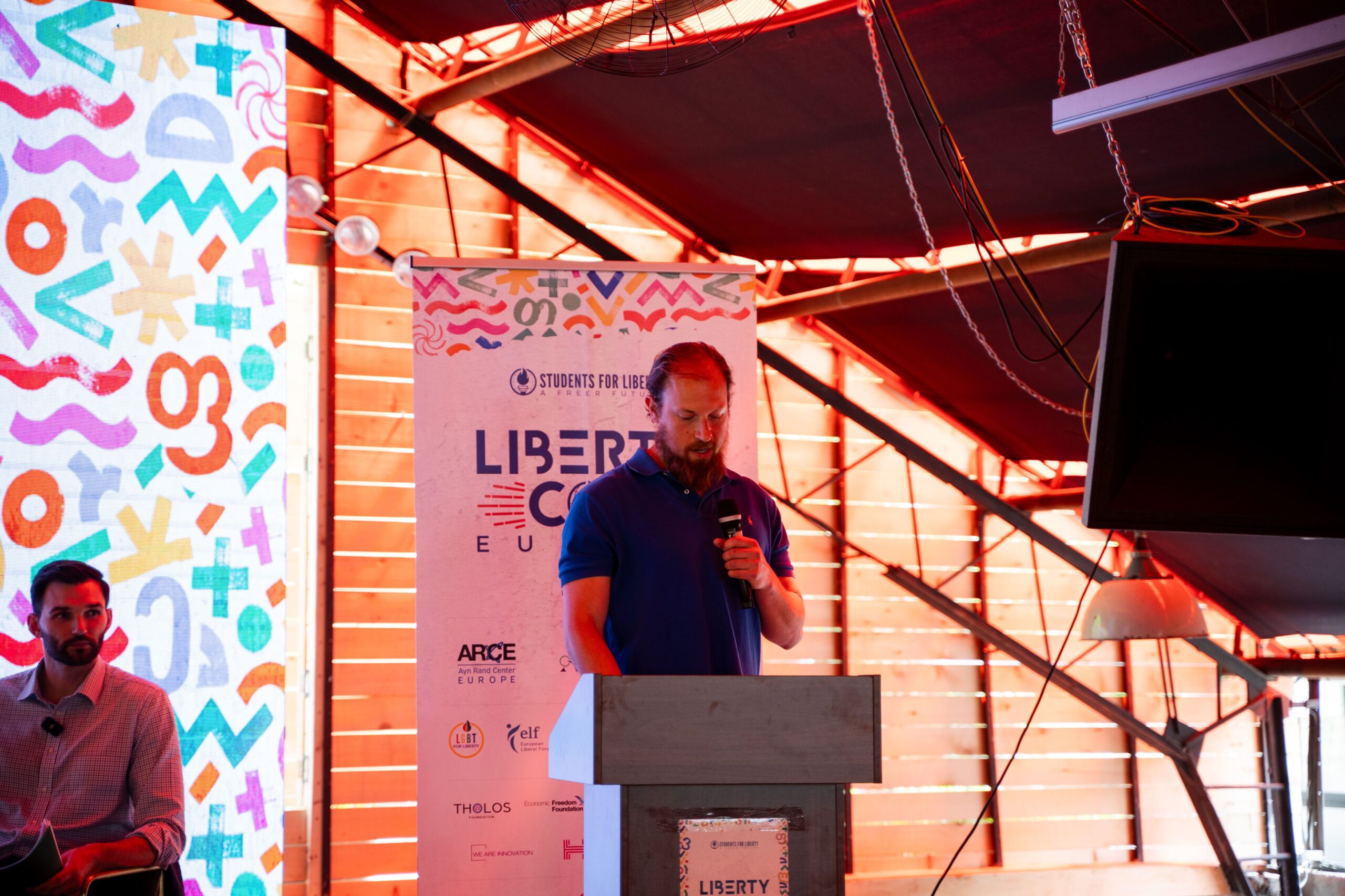
An American at LibertyCon Europe: What I Learned
May 9, 2024 | Post
From deep discussions to the delicious Georgian supra, the learning never stopped

My Experience with Campus Climate at a Liberal Arts College
April 12, 2024 | Post
I was a Bernie Sanders-style progressive when I arrived at my small liberal arts college. I quickly rose through the ranks of various leftist student groups. Then, one key event turned me around.

Tolerance means dealing with ideas without canceling or censoring
January 25, 2024 | Post
Society is always changing, and so are ideas.
One constant, however, is intolerance for different ideas. That intolerance has left its mark, often in blood, on human history. The current iteration of intolerance, though not quite bloody, is “cancel culture.”

How Section 230 protects your online freedom
January 12, 2024 | Post
Section 230, part of the Telecommunications Decency Act of 1996, may sound like just any obscure piece of legislation, but it plays a crucial role in protecting your online freedom.
When Section 230 became law in 1996, it brought common sense to the table — content creators should be held responsible for their own words, not the platforms playing host.
However, in recent years, there has been significant pushback against Section 230 from figures across the political spectrum.

Meet the fearless middle schooler who dared to wear the Gadsden flag in class
December 13, 2023 | Post
In late August 2023, middle schooler, Jaiden Rodriguez, was removed from class over a Gadsden flag patch on his backpack.
This was in defiance of the First Amendment’s protection of free speech, which has long been deemed fully applicable to publicly funded schools by the U.S. Supreme Court.
But First Amendment rights did not mean this was the end of the story.

A martyr for free speech: Helmuth Hübener
October 17, 2023 | Post
Today, 62% of Americans have political views they are afraid to share. Despite the extensive legal protections for freedom of speech in America, I worry the attitude and spirit of freedom will decay despite legal guarantees. To remedy this, I believe it is important to learn about the example of Helmuth Hübener, a German teenager who defied the Nazi regime and became a martyr for freedom.
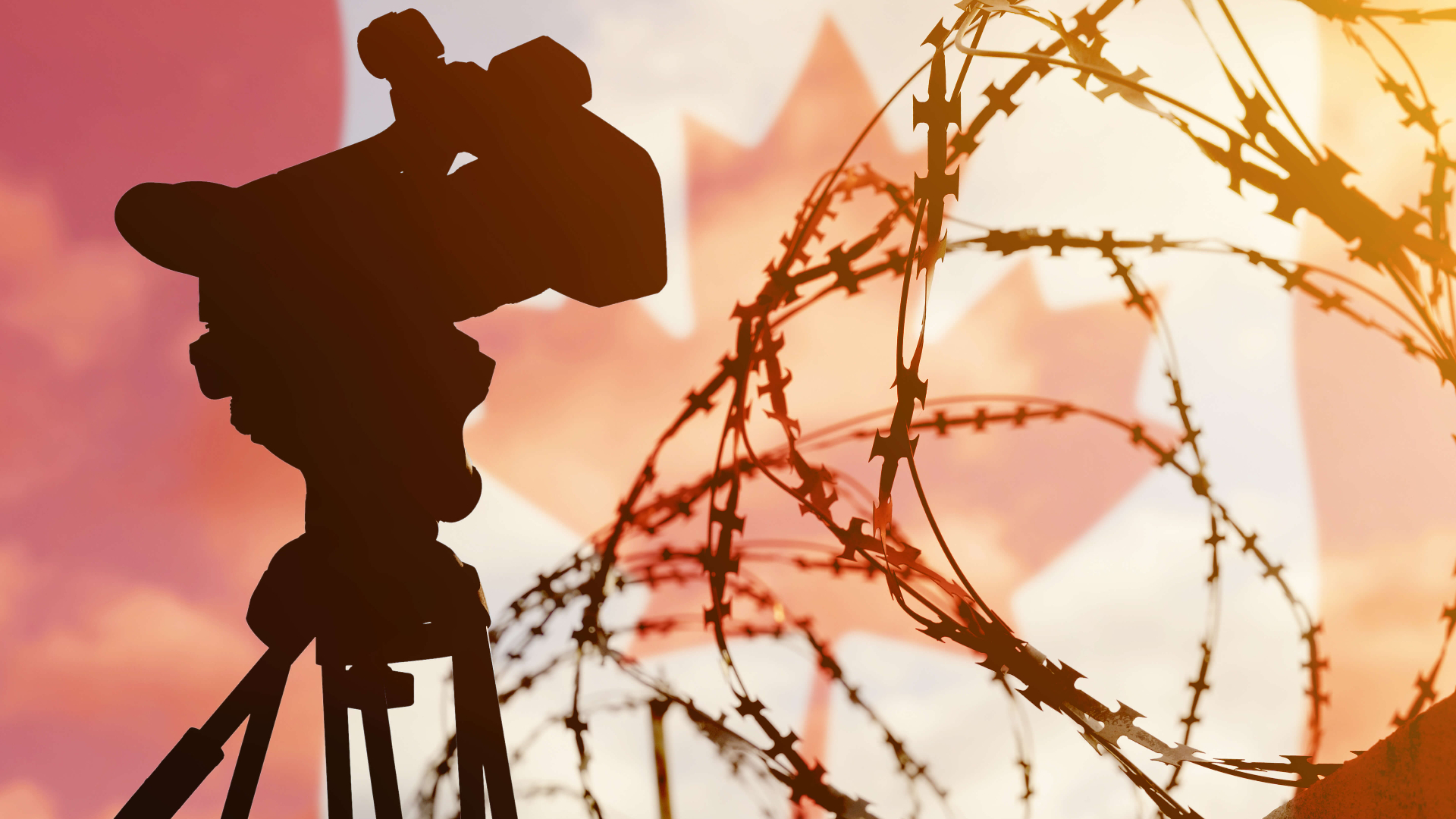
Bill C-11: how Canada’s algorithm power play stifles free speech online
September 26, 2023 | Post
For the Canadian Government, Bill C-11 heralds a fresh avenue for regulation and control. It is a mechanism for both reprimanding adversaries and rewarding lobbyists. Naturally, this government dominance over media comes at the cost of freedom and diversity of content online. Here’s what’s at stake…

Defending liberty in the digital age: how useful is social media activism?
September 21, 2023 | Post
The power of information dissemination through social media networks is remarkable, with messages often going viral within seconds. Yet, it is essential to acknowledge that social media activism has its limitations.

What Jordan Peterson’s failed court appeal says about freedom of expression in Canada
August 31, 2023 | Post
In a recent legal development that has ignited debates about the intersection of freedom of expression and professional obligations, former University of Toronto professor Jordan Peterson’s court appeal has been denied. What does this development tell us about freedom of expression in Canada?
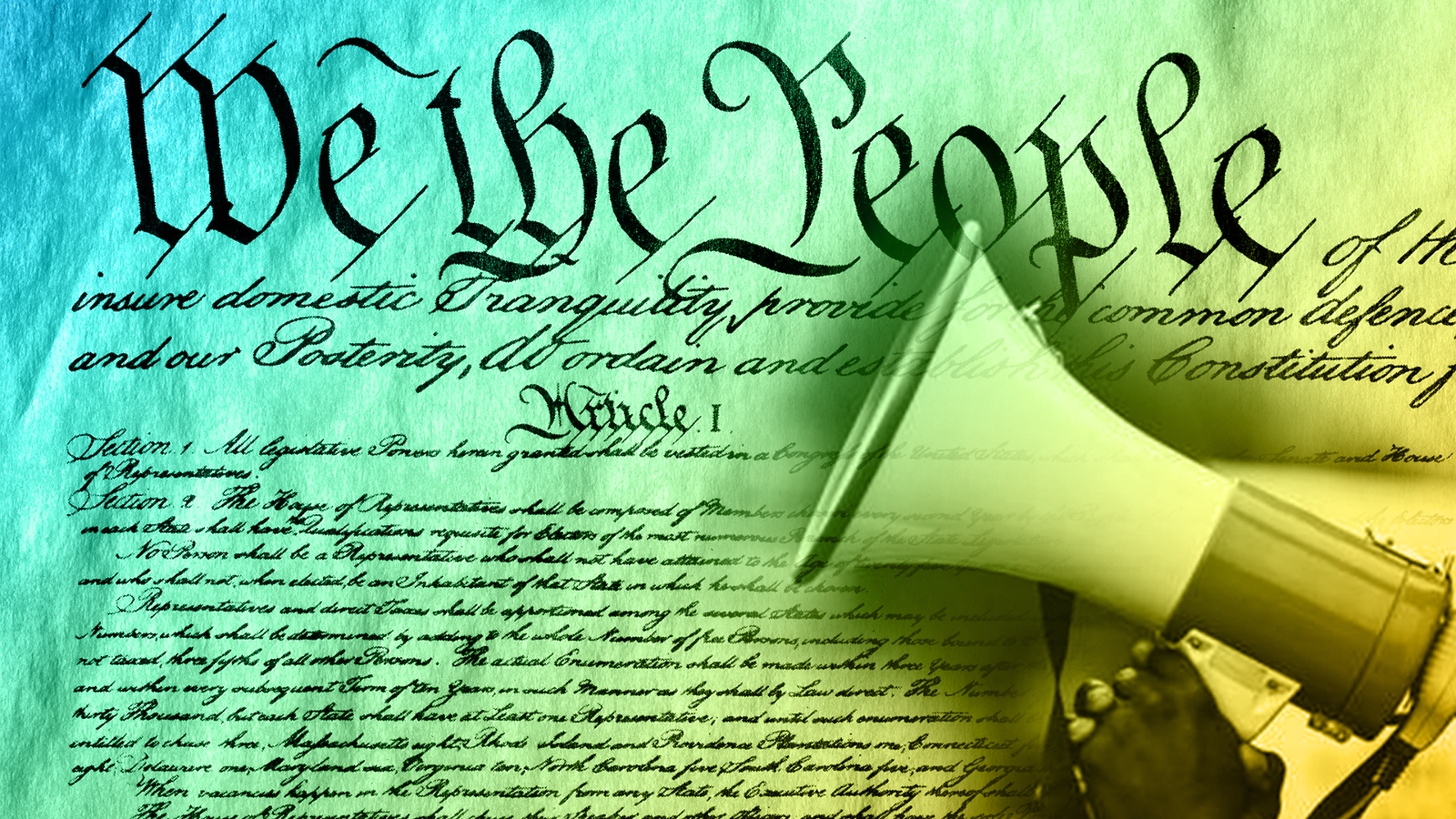
A history of free speech in America
June 8, 2023 | Post
The history of free speech in the United States is a complex and fascinating topic, deeply rooted in the nation’s founding principles. The First Amendment to the U.S. Constitution, ratified in 1791, protects the right to free speech, along with freedom of religion, the press, assembly, and petition.

An assault on anonymity: the consequences of Vietnam’s new social media policy
June 2, 2023 | Post
In Vietnam, a new regulation will take effect by January 2024 requiring all social media users to verify their identities in order to use online platforms. This move is a blatant violation of the right to free expression and privacy.
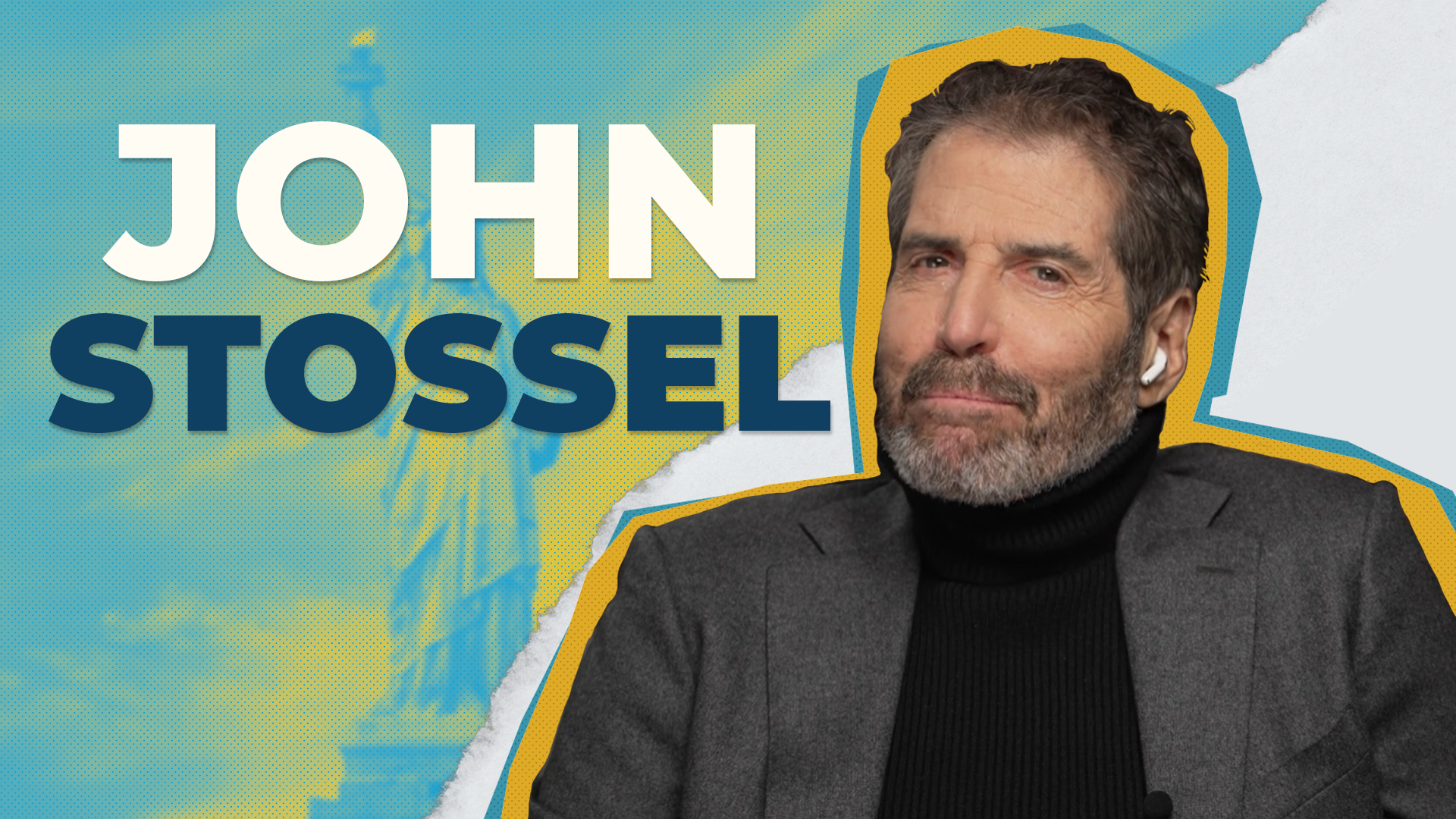
John Stossel: I don’t put my faith in politicians
June 1, 2023 | Video
Learn Liberty sat down with John Stossel for a freewheeling interview, touching on his childhood, career, current events, Edward Snowden, rapid-fire questions, and more. John gave thoughtful takes, hot takes, and funny takes. See the Chapters below for the questions we asked him. CHAPTERS 0:00 Intro/Worst law ever 0:57 What started your transition from almost-socialist […]

The state of free speech among high school students
May 21, 2023 | Post
As reported in the New York Times in 2017, a Knight Foundation survey of nearly 12,000 high school students found that such students’ support for the First Amendment’s free speech protections is “stronger today than it has been in the last 12 years.” As far as it goes, this is good news given the avalanche […]

6 Pro-Liberty Moments in Beatles Music
March 22, 2023 | Video
The Beatles included pro-liberty messages in some of their most famous songs, such as: Revolution, Taxman, Think for Yourself, and Get Back, (but NOT Lucy in the Sky with Diamonds). In this video, Learn Liberty contextualizes the history and lyrics of those songs and others. We even hear directly from John Lennon via interview, George […]

The Misuse of Social Media Act: a threat to freedom of expression in Uganda
February 27, 2023 | Post
The provisions in the Misuse of Social Media Act passed by Uganda’s Parliament are highly restrictive and pose a direct threat to digital freedom. Here’s a quick breakdown of how and why…
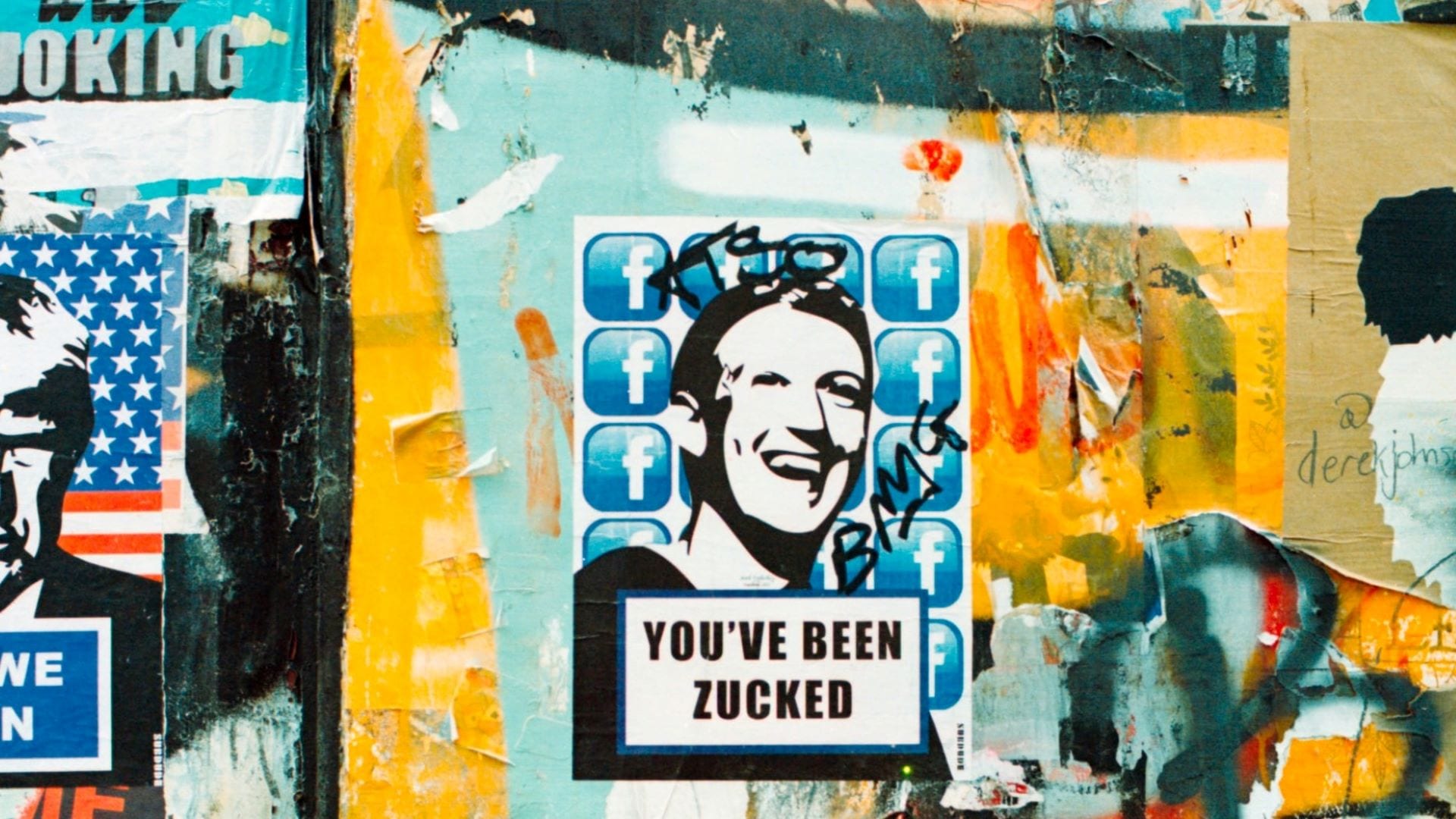
Why Section 230 is vital for freedom of expression online
February 8, 2023 | Post
There was a time when the debate around Section 230 was limited to the underworld of D.C. tech policy folks, but this is certainly no longer the case. While this once obscure part of the Communications Decency Act was gradually becoming more of a discussion point, it was thrust into the mainstream when Twitter and Facebook banned Donald Trump from their platforms after he posted incendiary tweets. Here’s why we should defend Section 230…

Is social media a modern-day Tower of Babel?
January 6, 2023 | Post
As social media platforms use artificial intelligence to curate users’ feeds with the content they are most likely to engage with, this erects barriers to communication among people of differing opinions.

Are major tech companies stifling free speech?
January 5, 2023 | Post
Technological advances have made it much easier for individuals to express themselves, but are major tech companies now stifling free speech?
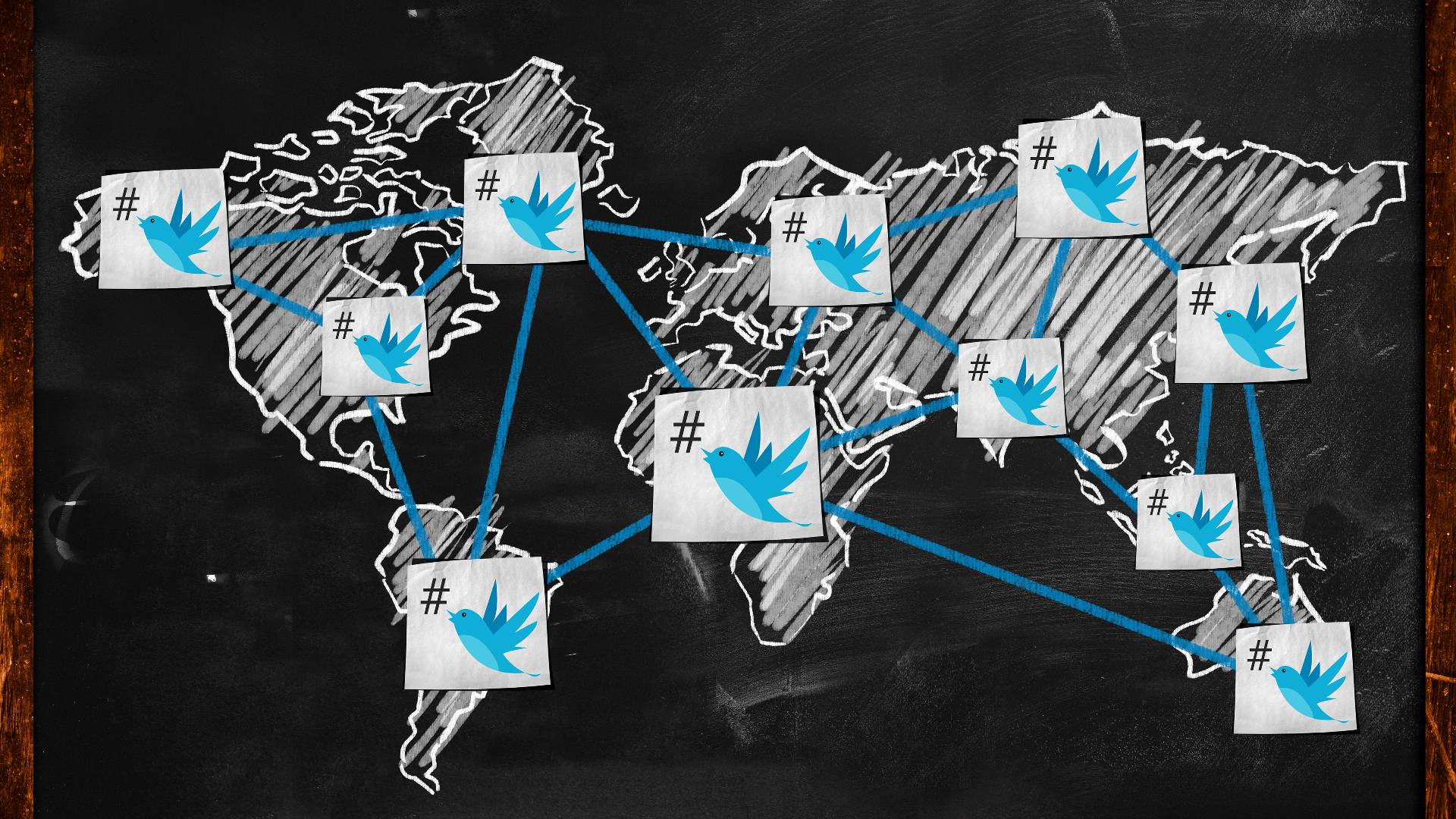
Is Elon Musk really a friend of free speech?
December 16, 2022 | Post
On December 15, 2022, under Elon Musk, Twitter suspended several prominent journalists’ accounts from publications such as The New York Times, The Washington Post, and CNN, among others.

Elon Musk’s ego will always trump free speech
November 16, 2022 | Post
Elon Musk, who has described himself as a “free speech absolutist,” has stated in the past that there should be no permanent bans on the platform. Despite these promises, mere days into Musk’s term at the helm of Twitter, things already spun wildly out of control. Kathy Griffin has already been permanently banned from Twitter for a parody tweet, “impersonating” Musk and encouraging his followers to vote Democrat in the recent midterms.

